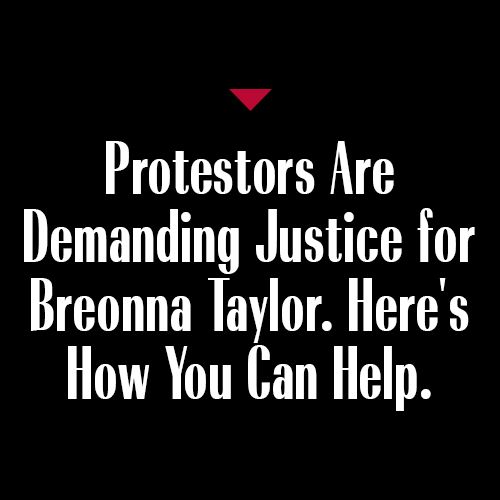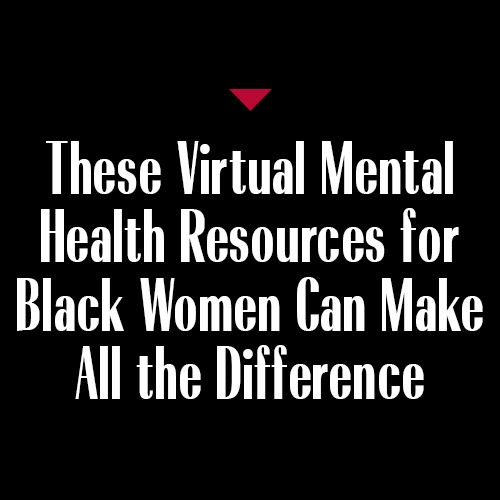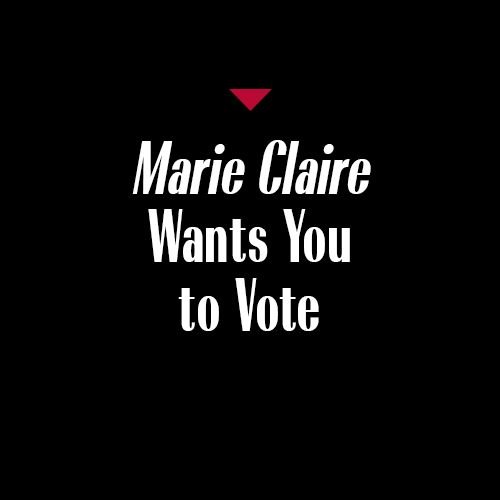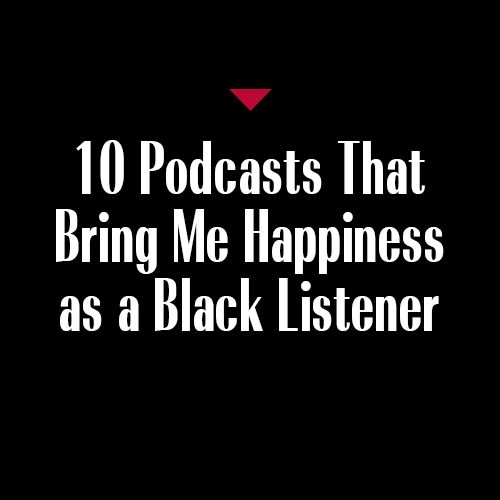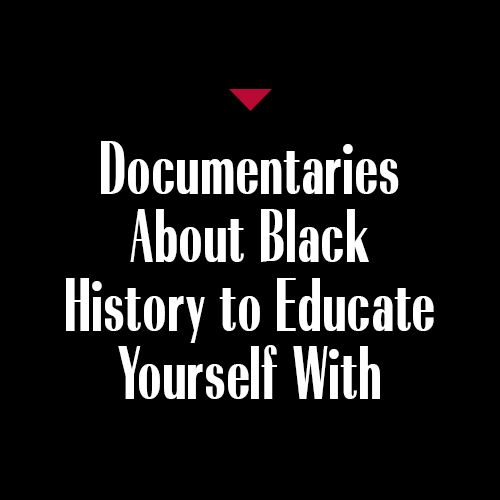Tina Knowles-Lawson, Beyoncé's Mom, Called on Senate Leaders to Protect Black and Brown Voters' Rights
"As members of the Black community, we are hurting, we are angry, and we are anguished..."
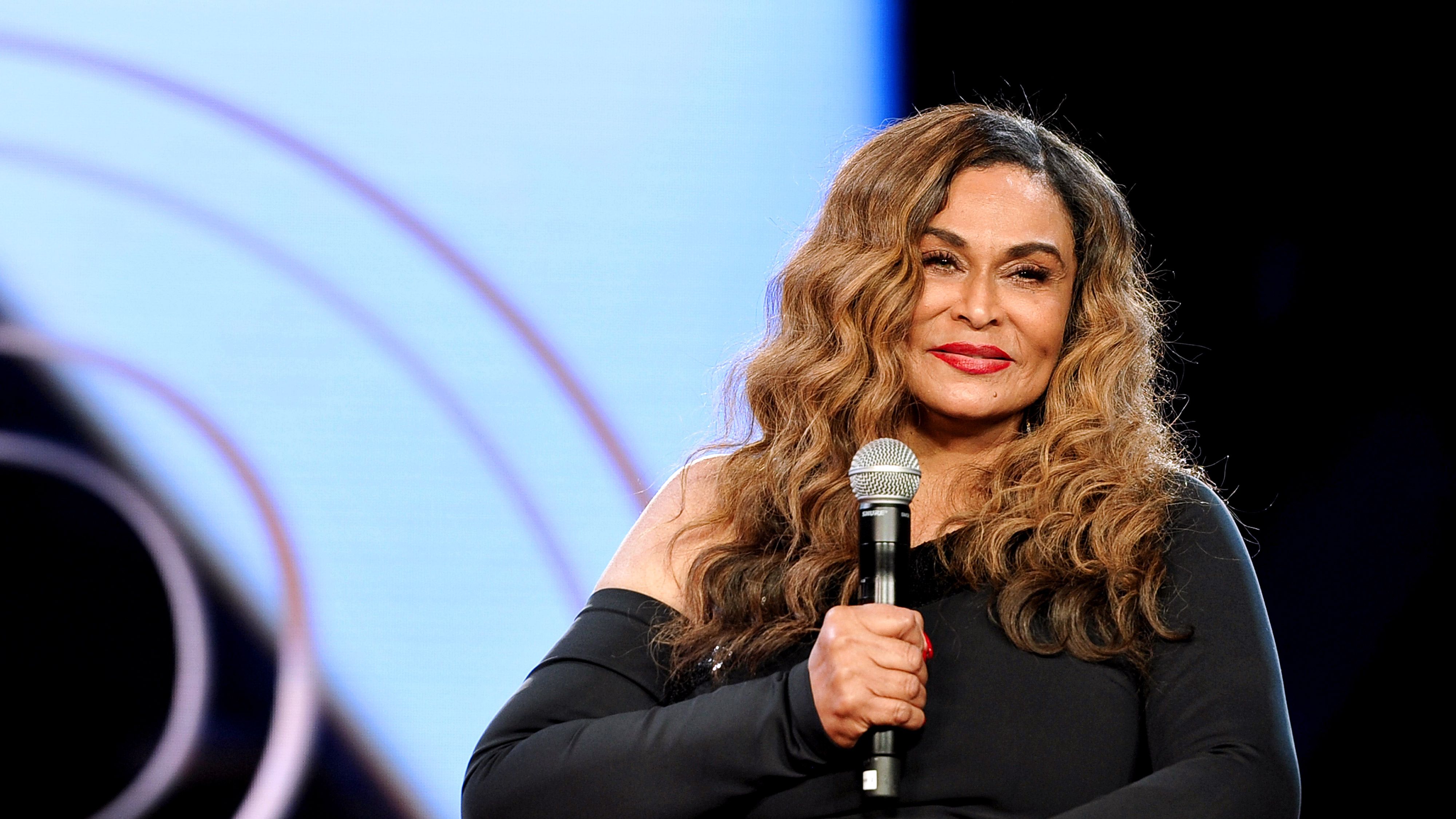

- Tina Knowles-Lawson, mother of Beyoncé and Solange, wrote an open letter to Senate leaders asking them to tackle voter suppression in Black and Brown communities.
- Knowles-Lawson asked Majority Leader Mitch McConnell and Senate Minority Leader Chuck Schumer to pass the HEROES Act, which includes several measures to increase and protect voting opportunities.
- "The only way to create a democracy that truly represents us all is to have every eligible voice heard at the ballot box," Knowles-Lawson wrote.
- Mothers of the Movement including Tamika Palmer, mother of Breonna Taylor, and Shareeduh McGee Tate, matriarch of George Floyd's family, also signed the letter.
Tina Knowles-Lawson, mother of Beyoncé and Solange, has written to Senate leaders about voter suppression in Black and Brown communities, asking them to pass legislation to "ensure every citizen can freely and fairly vote in the upcoming general election." Knowles-Lawson wrote that in the seven years since the Supreme Court gutted the 1965 Voting Rights Act, "seven years, states and localities have reverted to discriminatory practices that restrict the voting rights of Black, Brown, Native, and Asian American people and have put up unnecessary roadblocks to the ballot."
In an open letter to Majority Leader Mitch McConnell and Senate Minority Leader Chuck Schumer, Knowles-Lawson, partnering with the And Still I Vote campaign from The Leadership Conference on Civil and Human Rights, urged them to pass the HEROES Act. The proposed legislation would protect voters' rights by increasing voter registration opportunities, send absentee ballots to all voters, allow for early, socially-distanced voting, and boost funding to local and state governments. The act would also see more stimulus payments delivered, and coronavirus testing increased. While the House of Representatives passed the act in May, the Republican-led Senate has yet to accept it.
"As members of the Black community, we are hurting, we are angry, and we are anguished by the repeated assaults on Black bodies, brought to light once again by the recent murders of George Floyd and Breonna Taylor at the hands of what has for too long been incorrectly coined 'justice,'" Knowles-Lawson said, "The only way to create a democracy that truly represents us all is to have every eligible voice heard at the ballot box," she wrote. " Our democracy works best when everyone participates."Alongside Knowles-Lawson, several Mothers of the Movement—mothers of those murdered as a result of police brutality and anti-Black racism—signed the letter, including Tamika Palmer, mother of Breonna Taylor; Shareeduh McGee Tate, matriarch of George Floyd's family; Geneva Reed-Veal, mother of Sandra Bland; Sybrina Fulton, mother of Trayvon Martin; and Representative Lucy McBath, mother of Jordan Davis.
Beyoncé and Solange also signed the letter, as well as Gabrielle Union, Viola Davis, Janelle Monáe, and numerous other celebrities. You can sign a petition asking the Senate to pass the HEROES Act here.
Read Knowles-Lawson's full letter below:
Dear Majority Leader McConnell and Minority Leader Schumer:
Get exclusive access to fashion and beauty trends, hot-off-the-press celebrity news, and more.
We are mothers of Black sons and daughters – some of whom have lost our children – and we have a vision for a new America.
This past month has culminated in a moment of reckoning for the country. As members of the Black community, we are hurting, we are angry, and we are anguished by the repeated assaults on Black bodies, brought to light once again by the recent murders of George Floyd and Breonna Taylor at the hands of what has for too long been incorrectly coined “justice.” But even in this moment, when we feel despair and deep exhaustion, we remember one essential truth: our voices have power. We know this truth to be self-evident because our movement to amplify the message that Black lives matter has taken hold not just across the country, but around the world, with thousands—perhaps millions—marching inthe streets and public opinion drastically changing almost overnight. Today, 76 percent of Americans recognize that racism is “a big problem” in this country, representing a 26 percent increase from just five years ago.
Some may say this shift is nothing short of miraculous; we say this is the result of a people-powered movement.
While this shift in public opinion brings us hope, we know the only way to create a democracy that truly represents us all is to have every eligible voice heard at the ballot box. Our democracy works best when everyone participates. It’s the job of policymakers’ to ensure that our systems work, especially when there is a crisis like our current pandemic. Thursday, June 25 marks the 7th anniversary of the Shelby County v. Holder case, in which the U.S. Supreme Court gutted the Voting Rights Act of 1965 and upended decades of progress. Over the past seven years, states and localities have reverted to discriminatory practices that restrict the voting rights of Black, Brown, Native, and Asian American people and have put up unnecessary roadblocks to the ballot.
Fall-out from the most recent primaries makes it abundantly clear that we must act now to ensure every citizen can freely and fairly vote in the upcoming general election, and chaos at polling places in recent primaries has demonstrated that elections officials are unprepared to hold safe and accessible elections this year:
- In Milwaukee, voters stood in line for hours at one of only five polling places, down from 180, after failing to receive absentee ballots in the mail, and it is estimated that more than 70 voters contracted COVID-19 on Election Day.
- Elections administrators in Pennsylvania handled unprecedented numbers of requests for absentee ballots but were unable to process them all given meager resources. This left many with no choice but to vote in person after failing to receive their ballots in the mail.
- In Georgia, voting machines broke down, poll workers received inadequate training, and voters stood in line for up to seven hours in the heat and humidity—all after failing to receive mailed ballots. This tragedy was most acute in Fulton County, which has the highest Black population in the state.
- And Tuesday, voters in Louisville, Kentucky, a community of 600,000 that is fighting for justice for the fatal shooting of Breonna Taylor, opened only one polling place.
This is modern-day voter suppression plain and simple. Voters in all these states risked their health, and that of their communities, simply to make their voices heard. People should be able to exercise their constitutional right to vote and stay healthy, even during a pandemic. We should not have to choose between public health and a functioning democracy.
Many are advocating for structural change through legislation. Among the most urgent is H.R. 6800, The HEROES Act, a bill passed by the House of Representatives in May that would provide a $3 trillion safety net for those most impacted by COVID-19, including disproportionately impacted Black and Brown communities, through provision of health care, economic security, justice system reform, housing, and voting access. Indeed, the proposed $3.6 billion for state administration of federal elections is essential if we are, collectively as a nation, to ensure access to the ballot box for all while protecting our nation’s health and safety amid a pandemic – the second wave of which is all but certain this fall. In addition to expanding voter registration opportunities and providing at least two weeks of safe in-person early voting nationwide, a key reform to administer the election safely will be providing every registered American with an absentee ballot with pre-paid postage, mailed with enough time for completion and return. Congress has starved state and local communities of the resources they need to run safe, and accessible elections. We can’t allow this in November. Our democracy can't wait.
Please understand, it is everyone’s responsibility to take action and do their part to undo this country’s systemic racism. Senators, some of you may never know what it is to wonder whether your child could be shot by the very people purportedly tasked with protecting their life. We pray that, in the future, no one suffers that fear. But to get there, we must act together, as Americans. That is why it’s essential you pass H.R. 6800, The HEROES Act as a step in the right direction toward a more inclusive democracy.
In passing this legislation, you will take an affirmative step toward declaring that Black lives matter. You will help build an America as good as its ideals. And you will lead the country—thanks to the creation of a more accountable democracy in which all Americans’ voices are heard—toward a long-sought moment in which no mother need wonder: will my son or daughter not make it home tonight because of the color of their skin?
We are working closely with The Leadership Conference on Civil and Human Rights and All Voting is Local with its joint And Still I Vote campaign to fight for these critical issues. We thank you for your attention, and we await your action.
Black Lives Matter

Emily Dixon is a British journalist who’s contributed to CNN, Teen Vogue, Time, Glamour, The Guardian, Wonderland, The Big Roundtable, Bust, and more, on everything from mental health to fashion to political activism to feminist zine collectives. She’s also a committed Beyoncé, Kacey Musgraves, and Tracee Ellis Ross fan, an enthusiastic but terrible ballet dancer, and a proud Geordie lass.

